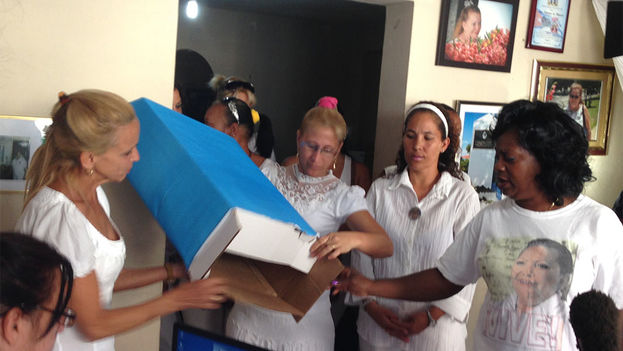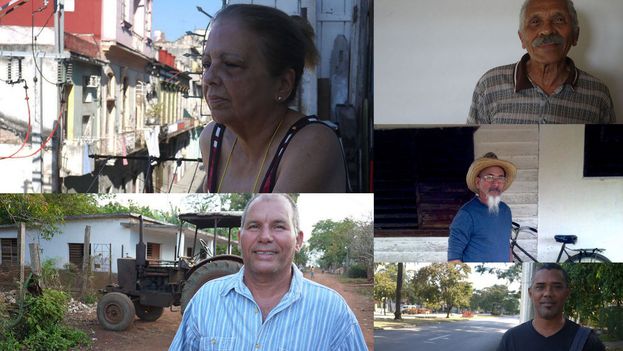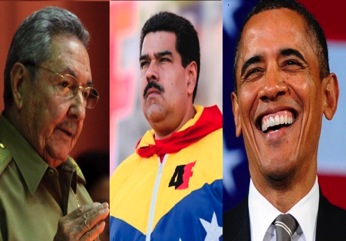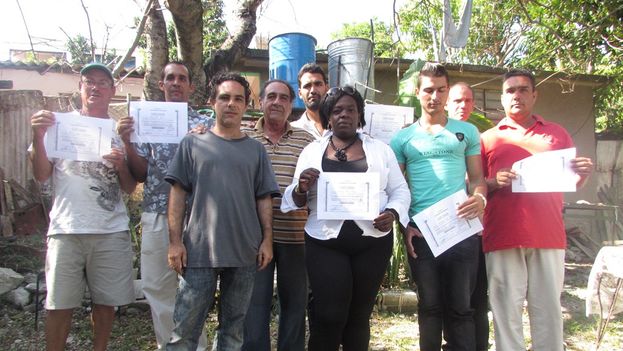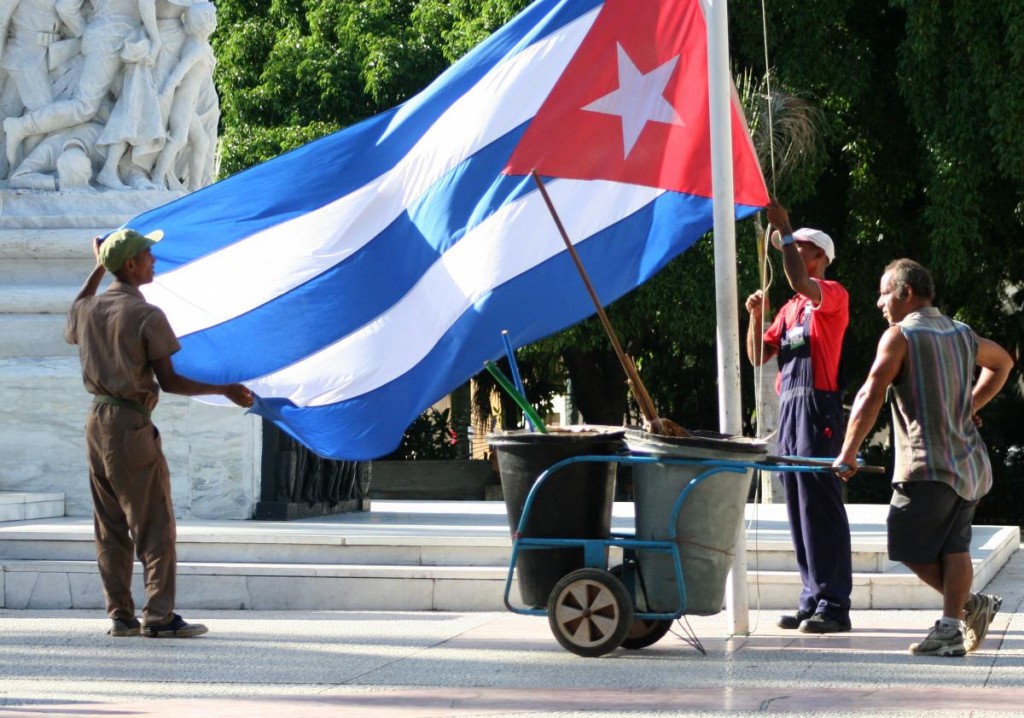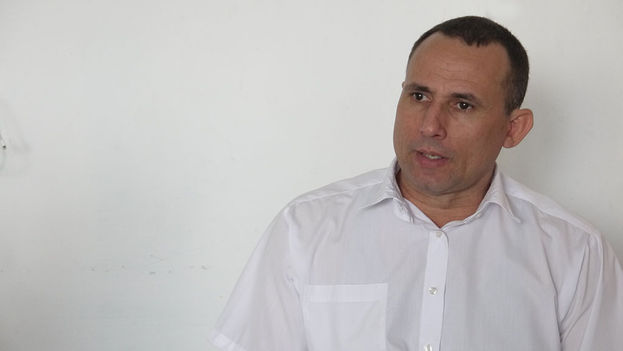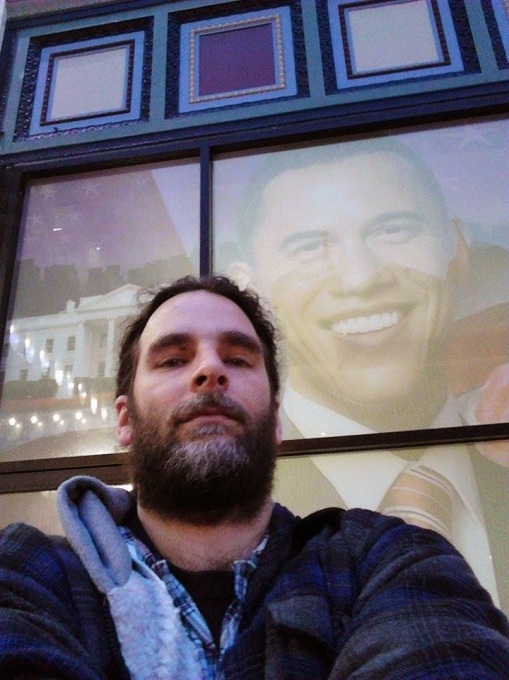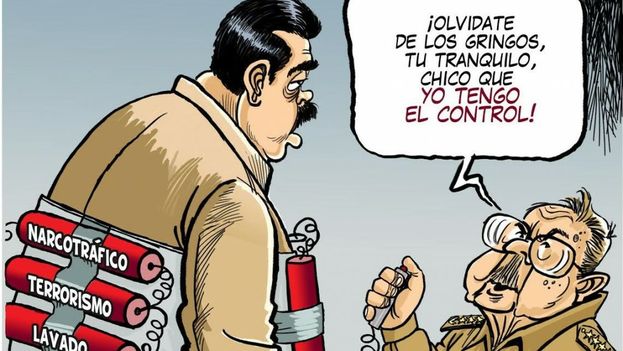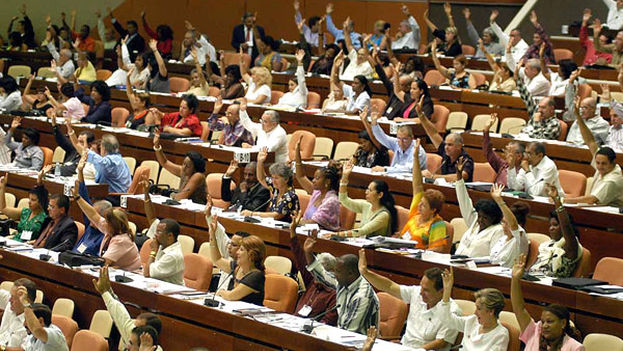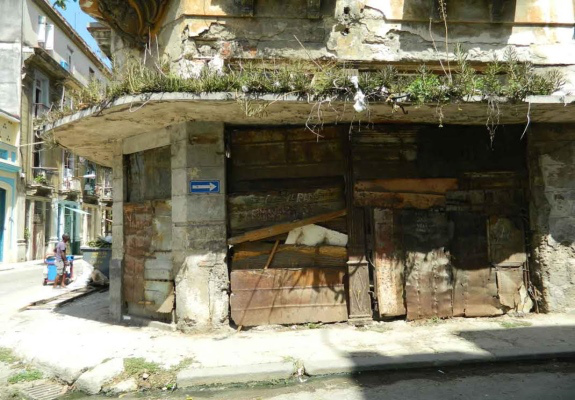During decadent decades the Cuban Revolution has been defined by that urge of surviving in a besieged place, where distrust and the hate speech are officially justified by the tricky threat of a foreign foe, where an invisible U.S. invasion was continue reading
enough to promote impunity within the Island, including the need of a messianic savior: Fidel, just Fidel—because calling him Castro could be considered a first symptom of dissent.
And public dissent begets personal disaster in dictatorships.
We Cubans are fed with the populist paranoia of Fidel in our mothers’ milk. In turn, this rule of Fidelity feeds a paternalistic State where citizens always behave like children. All responsibilities rely upon the Revolution. Behaviorism in the time of barbarity. Discipline as the substitute of both duty and desire. Meanwhile all our fundamental freedoms were embargoed by the Cuban authorities as a displaced vengeance for the U.S. embargo against them.
At first, with the Soviet satellite republics nourishing the Cuban economy, our Commander in Chief was making jokes about how useless the U.S. embargo was to prevent his Revolution from turning Cuba into a First World nation:
- “There will be enough milk produced in Cuba to fill Havana bay.” (1966).
- “The effect of the American blockade has been to require us to work harder and better, it has been effective in favor of the Revolution.” (1967).
- “The language of force does not intimidate us, we have been cured of it, so the blockade is now a subject of scorn and laughter.” (1969).
- “Happily, we depend on the U.S. for nothing. No trade, no food, nothing.” (1975).
- “Economic relations with the U.S. would not imply any basic benefit for Cuba, no essential benefit,” (1985).
In the 1990s, however, after the fall of the Berlin Wall and the restoration of democracies in Latin America, Castro had to retool his propaganda machinery. The U.S. embargo suddenly proved to be the genesis of all social debacles on the Island. The economic sanctions threatened our sovereignty more than a coup d’état, and as such the world was to condemn them but with no mention of the scarcity of the fundamental rights for the Cuban people (including the exiles, now more than one-fifth of our population).
Generation after generation, resistance to Cuban totalitarianism has become synonymous with the fine art of waiting.Generation after generation, resistance to Cuban totalitarianism has become synonymous with the fine art of waiting. From ideology to hypocrisy to idiocy, Cubans are experts in expecting with no expectation at all. Anything goes, from fighting the Ebola virus in Africa to signing a Major League contract worth several million dollars.
Once we were austere, once we even had an astronaut, maybe we have just gone astray. Stigmatized as “worms” by the Castroites, many Cubans are indeed waiting for biopolitics—or rather necropolitics—to finish its work on a half fossil Fidel, a Marxterialist Methuselah about to turn 89, shrunken like a magic-realist character by Gabriel Garcia Marquez who, by the way, was his close collaborator and a spokesman of the Cuban Revolution.
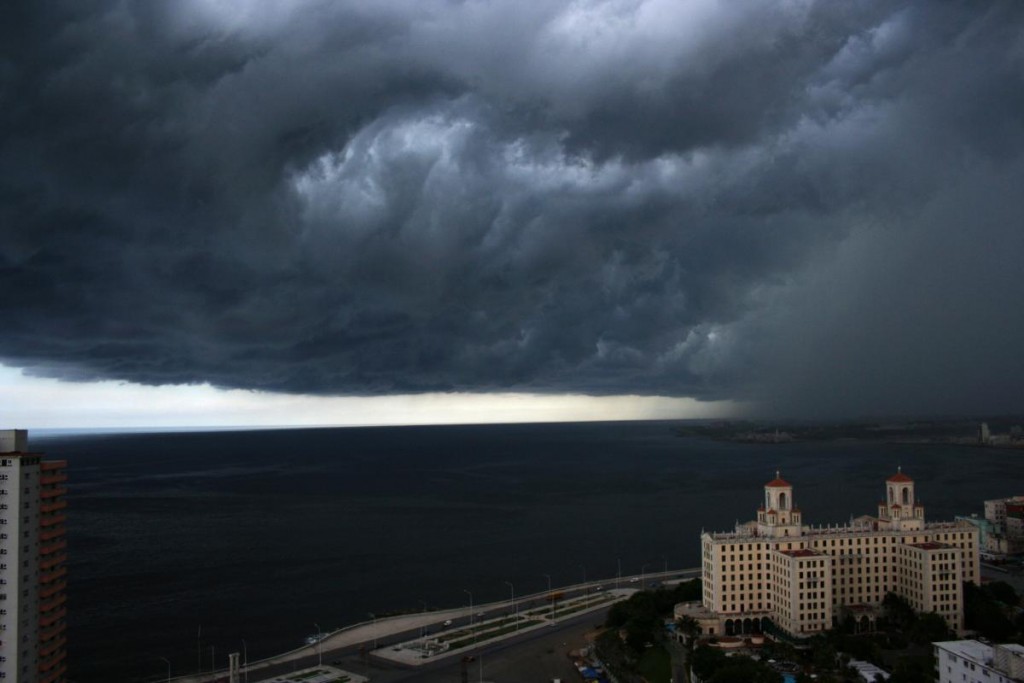
The alternative to indolence is to emigrate to the northernmost province of our country: Miami-Hialeah and other post-totalitarian towns, where we can rent a so-called “efficiency” to watch this film from the burger side of the embargo. Big Brother Marx is easily overwhelmed by a Big Mac.
The end of the economic and financial embargo against Cuba—still inconceivable since the U.S. Congress is reluctant to change the law—should then imply the end of the Castrozoic Cold War Era, still ongoing by sheer inertia on the Caribbean island. And we all enjoyed a preview with the miraculous milestone of last December 17, when the simultaneous speeches of President Barack Obama and General Raul Castro announced the normalization of U.S.-Cuba relations, a pluribus duo, with liberty and justice for none—or perhaps only for the subscribers of The New York Times, after endless op-eds paved the way for the White House to pay the way for the Chamber of Commerce to invest in Cuba, just as their members did in the Fabulous Fifties.
This adulterated affair of a democracy with a dictatorship is about to seal the self-transition from power to power taking place on the Island today. The Cuban dynastic model of State capitalism is already pregnant with a baby dictatorcracy called Castrolandia 2.0. The next Putin-like president is likely to be Alejandro Castro Espin, who, like the Russian autocrat, is a colonel linked to state security who happens to be the son of Raul Castro, who in turn has promised to step down in 2018 at the age of 87 years with six decades of control behind him.
The pros and cons of this unexpected approach are not as relevant as the perverse point that there are no right or wrong options when it comes to monolithic regimes. No deal is dear with the Castro family. Every engagement is co-opted for their own convenience, because all the levers of society remain at their disposition without any limits.
Despite Obama’s rhetoric that breathed life into the Cuban establishment, the alternative to Communism is not likely to be consumerism, but Communism itself. Or collapse. After Fidel, the Flood. And Obama seems to be advancing a helping hand to us before a migratory crisis extends its hideous hands to the U.S., as it is being announced already in the record numbers of rafters and Cubans illegally crossing U.S. borders, before and after December 17.
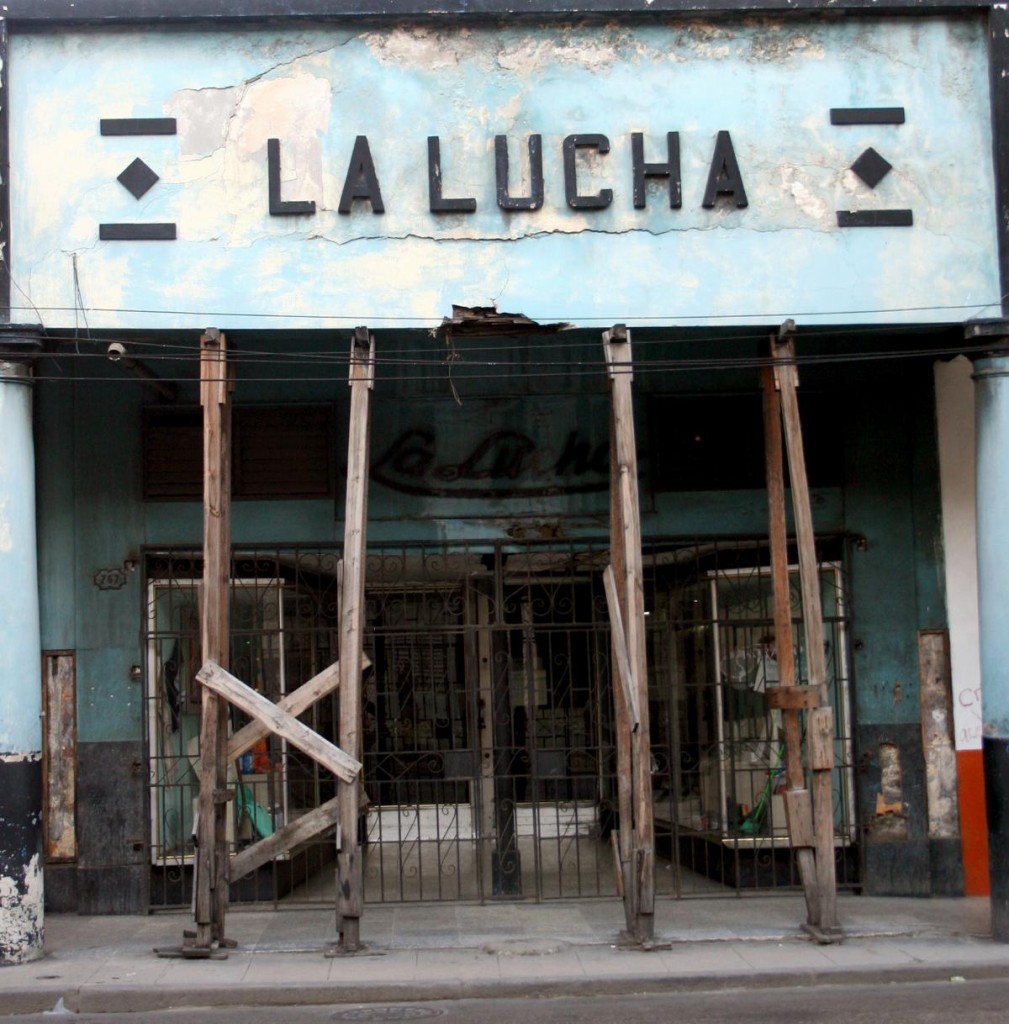
Since the nuclear missile crisis of October 1962, these “human missiles” have been used as a pressuring position by Havana in its dialogues or diatribes with Washington, DC. That is why on Island, the rumor is that theCuban Adjustment Act, which privileges Cubans to apply for a permanent resident status after one year and a day in America, will vanish somehow with the re-establishment of diplomatic relations between the White House and Revolution Square.
And so we keep voting with our feet in a sort of pedestrian’s plebiscite to kiss goodbye the Revolution—a fleeing flow that is 100% political precisely because 100% of Cuban migrants hurry to declare that they are only looking for economic benefits. What kind of benefits when they had free education, free sports, free arts, free health and free et ceteras on the Island? Farewell, Fidel.
Americans can come to Cuba in the search of profits. Cubans keep quitting their proletarian paradise in search of only we know what.
“Yankees, come home” echoes in the so-called Key to the Gulf for the first time in the history of our hemisphere. Americans are more than welcome to appease our tired tyranny with their new markets for the New Man to cease being a soldier and become a salesman. Money is time in this equation to build a stable status quo for the region, which is a major concern for America’s national security. In gold they trust: bring down the wall means open up the wallet. This explains the urgency of Google, Amazon, Delta, Netflix, Coca-Cola, and even Bacardi to re-conquer the once-called Pearl of the Antilles. Meanwhile, a multitude of five-year multiple-entry U.S. visas is being granted to Cubans of all ages, before and after December 17.
Photos in this essay appear in “Abandoned Havana” (Restless Books, 2014)If 50-plus years of U.S. diplomatic stalemate and economic sanctions failed to bring freedom to the Cuban people it is because these were never designed to bring freedom to the Island, but to penalize a regime that started by sequestering Cuban sovereignty with anti-democratic procedures, including the violent illegalization of civil society and all forms of property—both private and public, including the press—forcing up to one-fifth of our population to live in exile today.
Cuban democracy, like heaven, can wait.
The 50-plus years to come of U.S. capitalist engagement with Cuba cannot guarantee fundamental freedoms for our people, because a market economy is not a redemptive formula per se, and it has been implemented by many authoritarian systems to deny all basic rights. But “rights” is a worn-out word that President Obama, Pope Francis, and General Castro have eagerly agreed to postpone during almost two years of secret negotiations: Cuban democracy, like heaven, can wait.
What has been good for Americans since the Eighteenth Century is still not good enough for Cubans in the Twenty-first Century. This is the basis of revolutionary racism, a discriminatory concept cruelly conceived by American academics in their search of a lost Left. First world democracies seem disappointed to support pro-democracy movements anymore in the Third World, while Castroism keeps on being more than proud to Castrify other countries —Venezuela is the most tragic example today.
Oh, bama! Why not take advantage of these U.S.-Cuba negotiations to seat the historical gerontocracy in olive-green uniforms at the same table with the emerging civil leaders on the Island? Don’t we deserve this after we have achieved so much in the struggle for freedom of speech and to raise awareness of human rights violations and the overall anthropological damage in Cuba? If the Castros want to be treated as a normal government, shouldn’t the Castros constitute a normal government beforehand?
But as it has been impossible to hold the Cuban government accountable, the lesser evil now seems to be to promote “Cuban civil society” only for political correctness in presidential speeches, while in fact excluding us from the establishment to come: State capitalism with the sheepskin of asoulcialism.
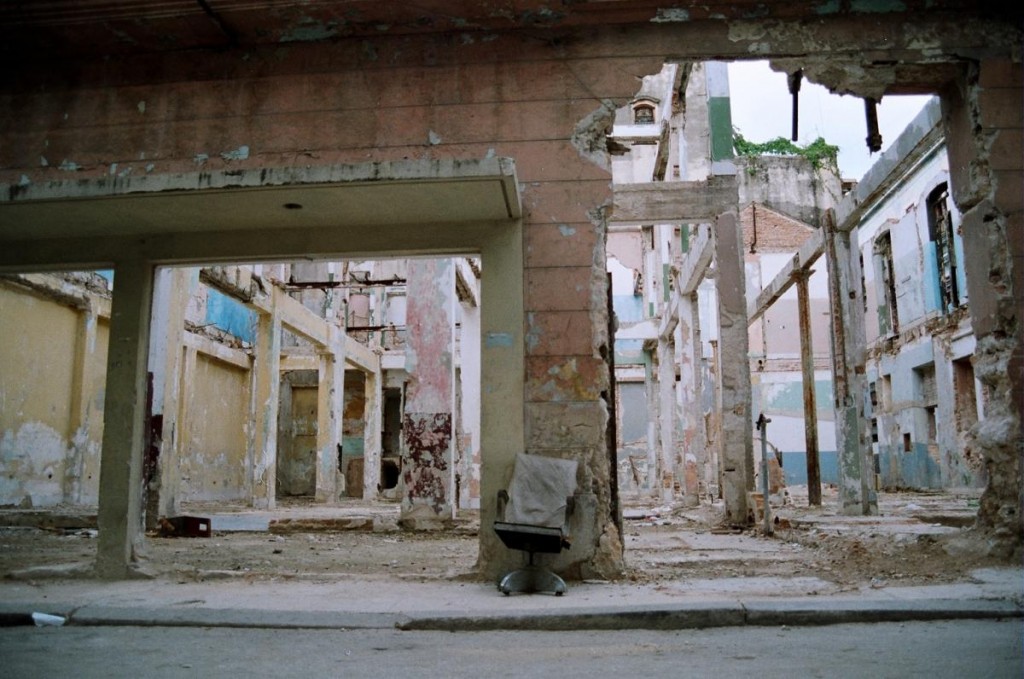
In moral terms the unpopularity of U.S. policies, given the popularity of the Cuban Revolution worldwide, should be less important than securing that a true transition to democracy will take place in Cuba soon. Unless, of course, advancing American interests in the Western Hemisphere still means advancing American interests in Western Union.
Despite any goodwill of the U.S. executive branch enforcing resolution after resolution, involving certain congressmen and think tanks and NGOs and press magnates and corporate tycoons that shake Raul Castro’s hand without asking him a single uncomfortable question, what is being legitimized is a clan that abolished the Cuban Congress and Cuban think tanks and Cuban NGOs and the Cuban Chamber of Commerce and all Cuban press except that belonging to the Communist Party.
I am not sure about “what everybody needs to know about Cuba”—as the American scholar Julia Sweig might say—but rather about what nobody dares to know about Cuba. Even if this is a small step for democracy, it’s also a giant leap against independence. And decency. The U.S. change in its Cuban policy is the latest victory of The End of History: from the Spanish-American War to the Anti-Imperialist Revolution, the growing “common marketization” of international relations is what really counts and “Cuban” continues to be out of date.
Milan Kundera, maybe the best Cuban novelist who is a Czech who writes in French and lives in Switzerland—a perfect mix for liberty—knew that “the old dead make way for the young dead” for “.”
“Dialogues between the elites are not the path of the people,” said the assassinated leader of the Cuban Christian Liberation Movement Oswaldo Payá—winner of the European Parliament’s 2002 Sakharov Prize for Freedom of Thought. Dead since July 22, 2012—like Polish priest Popiełuszko in the mid-1980s— in a traffic “accident” denounced as an extrajudicial killing by the surviving witness who was driving the car, Payá and his peaceful activists managed to collect more than 25,000 signatures on the Island to legally democratize our society, as established by the Cuban Constitution. The Castros’ reaction was dozens of incarcerations, forced expatriations and, ultimately, his murder by the Ministry of the Interior.
Is the Obama administration willing to mention such delicate details in The New Deal with Cuba or will there be no solidarity with Payá’s family, who has been requesting an independent investigation since that sad Sunday that abolished the hope of an inclusive country? And not just a clowntry club for cowboys, a post-totalitarian museum turned into a tourist theme park or worse, into a mausoleum of martyrs like Orlando Zapata—left to die during a hunger strike—Laura Pollán—our second Sakharov Prize for Freedom of Thought—and Oswaldo Payá?
Respect for universal values like life, mercy, beauty, truth, and liberty—the most natural and yet so difficult to attain in times of tyranny—is the responsibility of every free man and woman who wishes to favor my people, who deserve not to wait any longer to be treated like real citizens, with or without whatever diplomatic decisions are taken one thousand miles away in the U.S.
“Cubans have the right to have rights,” repeated Oswaldo Payá before the Castros took his life. And we Cubans have the right to have rights irrespective of all the Castros’ conspiracies to permanently prevail. I still skeptically trust in such a Cuba “founded with all and the good of all”—as the patriot and poet José Martí wrote more than a century ago—but most of my fellow Cubans already don’t.
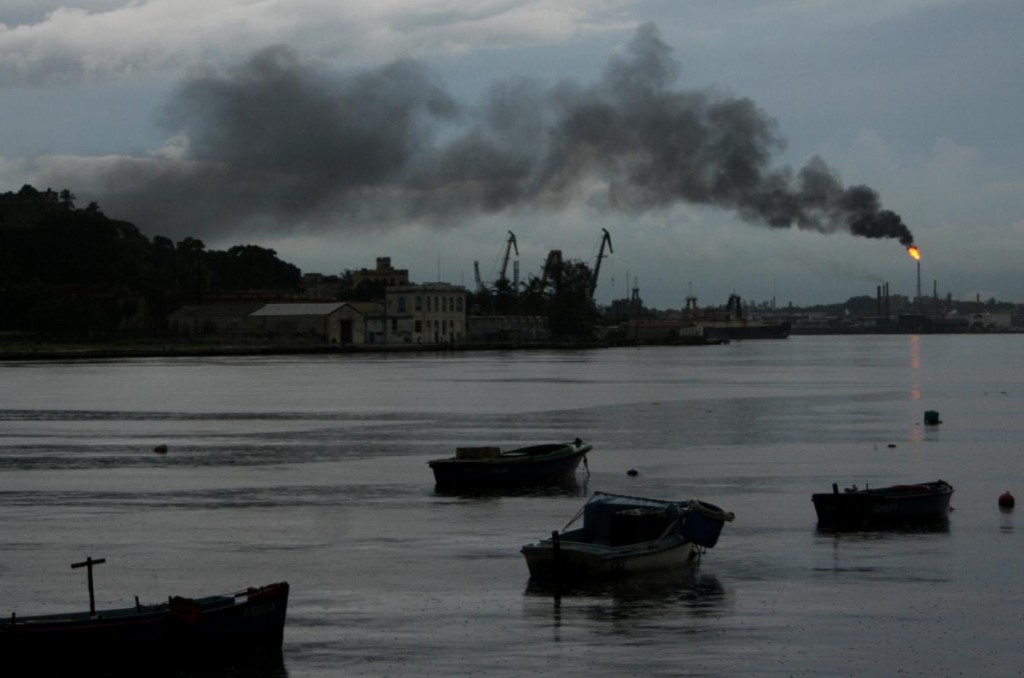
[All photos courtesy of the author.]
Fidel Castro. Speech at the Meeting of the Federation of Cuban Women, (December 1966).
Castro. Playboy (January 1967).
Castro. Speech at the Plaza de la Revolución, Havana (January 2, 1969).
Castro. Speech at the First Congress of the Cuban Communist Party, (December 1975).
Jeffrey M. Elliot and Mervyn M. Dymally. Fidel Castro: Nothing Can Stop the Course of History (Pathfinder Press, 1986).
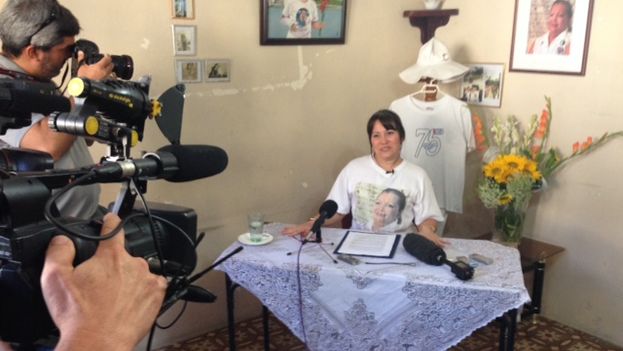
![]() 14ymedio, Havana, 19 March 2015 — In a press conference Thursday in Havana, the Lady in White Laura Labrada, daughter of the late Laura Pollán, announced the creation of a foundation with the name of her mother said she wouldn’t allow “Berta Soler to use the name of [her] mother in her movement.”
14ymedio, Havana, 19 March 2015 — In a press conference Thursday in Havana, the Lady in White Laura Labrada, daughter of the late Laura Pollán, announced the creation of a foundation with the name of her mother said she wouldn’t allow “Berta Soler to use the name of [her] mother in her movement.”
